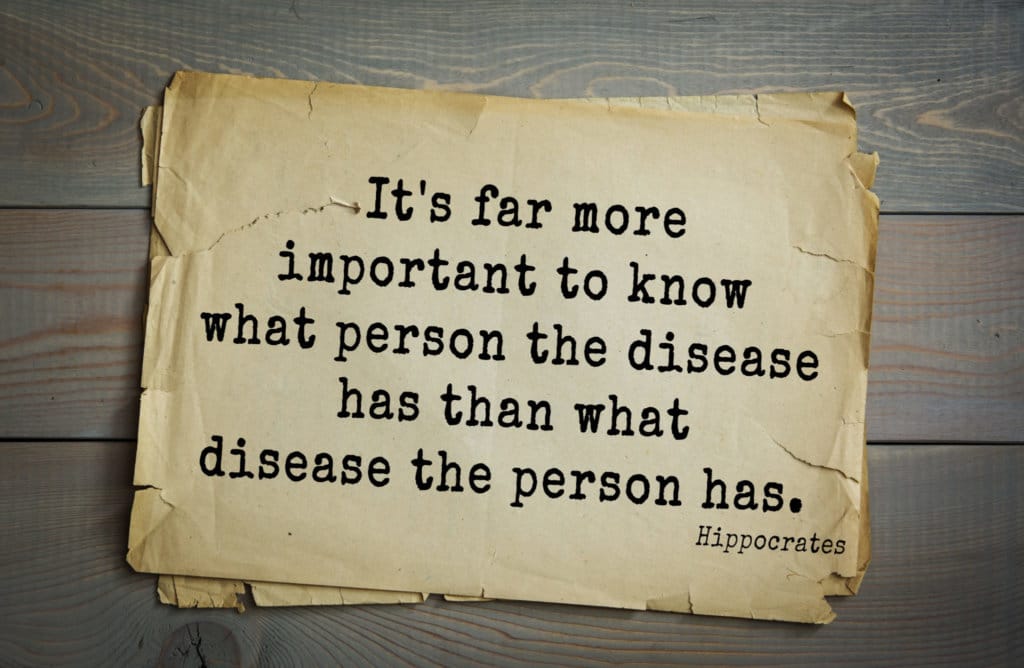Pres Donald Trump’s vulgar and racist remarks about Haiti and African countries at a White House meeting on immigration in early January have sparked the latest public outrage over the Trump Freak Show in Washington, D.C. Trump reportedly questioned why the United States should accept immigrants from “shithole” countries like Haiti, El Salvador and African nations, and expressed preference instead for immigrants from Norway.
The collective denunciation of Trump’s remarks has obscured and shielded the sanctimoniously outraged and appalled from their personal complicity in the revival of divisive and racially charged politics, which his movement is presently riding.
After some humming and hawing, Trump denied making the remarks, which were publicly confirmed by Sen Dick Durbin, the sole Democrat at the meeting, who told reporters that Trump used the “hate-filled, vile and racist” words “not just once, but repeatedly.”
One year into his presidency, Trump’s denials carry little credence, given his track record of dissembling and dishonesty, as well his well-publicized cravenly racist and vile statements about Mexicans and Muslims.
There is little public doubt, even amongst his defenders, that he made the racially charged statements, which they are striving to rationalize as outward expressions of his America First inner passion.
We are well past the point of a productive debate on Trump’s dishonest and vile rhetoric.
Whether or not he believes the racist things he says, it is now well established that Trump plays a xenophobe on TV for his racist and bigoted base.
The real challenge for good people in our times is how we respond to Trump’s bigotry, which in turn is inciting overt expressions of racism in both the public and private spheres. By all accounts, Sen Graham was the only person in the room to stand up to Trump when he made his incendiary remarks. In his only public statement on the controversy, Sen Graham said: “Following comments by the president, I said my piece directly to him yesterday. The president and all those attending the meeting know what I said and how I feel. I’ve always believed that America is an idea, not defined by its people, but by its ideals.”
But Graham opted not to confront Pres Trump in public, even as Trump denied making the statements that supposedly rankled Sen Graham at the private discussion. On the other hand, Sen. Durbin, who fulminated against Trump’s “hate-filled, vile and racist” remarks in angry public statements one day after the story broke in the media, has not suggested that he spoke up bravely at the time. Other Republican participants at the meeting have been largely silent or claimed they did not hear the offending comments.
It is a pattern that should not be unfamiliar to most of us.
What do we do when someone utters racist, sexist or bigoted remarks in our presence? Do we rebuke them? Pretend we did not hear? Ignore the statements? Step out of the room?
Chances are the response of even the most upright and progressive amongst us is shaped in large measure by the power dynamics of our relationship with the bigot. The more powerful or close he is, the less likely or forcefully we are to speak up. The lower the person is on the totem pole — and behold especially if they are lower on the power scale than us — our outrage will be unmistakably direct and palpable. No nervous laughter. No distraction of the conversation or that pressing urge to make that all-important call or use the bathroom.
With most of us, the conscience does not likely stall. But, unfortunately, we do not always — sometimes cannot — act on our better angels and impulses. Our reactions are shaped by a wide range of considerations — modulated for the severity of the infraction, our personal dynamic with the bigot, our comfort levels with verbal confrontation or even speaking up, etc.
The racist genie that Trump has uncorked in the living rooms of America will, sooner or later, bring you in close quarters of a bigot on a couch or a dinner table or a water cooler. Will you speak up, or hide, distract, stall, dodge, delay, fidget, deny, lie, evade….
The bigot is who he is and you have little difficulty recognizing him instantly.
But what about you?
